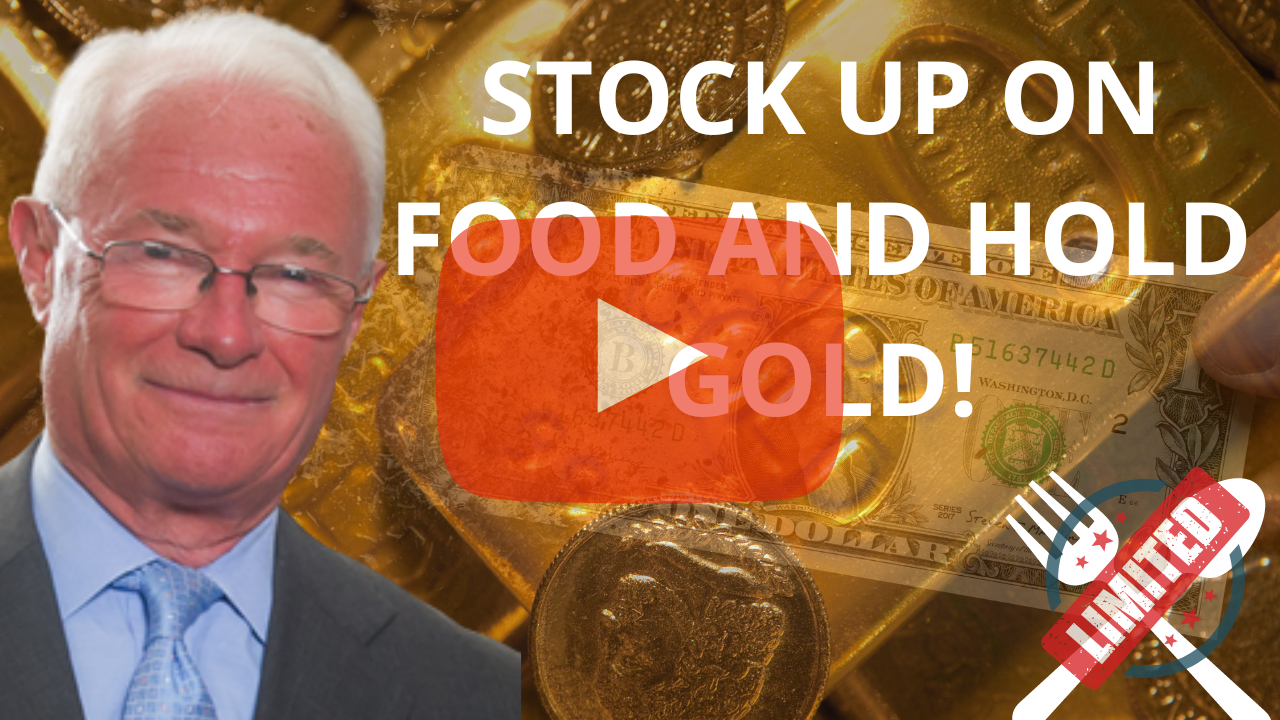Blog
GoldCore TV
Latest articles

Is Now the Right Time to Buy Gold?
What a week it has been since our last newsletter. Gold has not let us down and remains firmly above $2, 300. Silver is also finally rolling its sleeves up and getting in on the action, yesterday it came close to a three-year high. Today has been especially interesting with the ECB decision, following the […]
Chris Vermeulen: When Will Gold Correct? Chart Analysis
Gold has continued its run up from $2,300 and shows little sign of abating. Yesterday Jan Skoyles looked at what was behind gold demand right now and today we took a technical perspective when I spoke to Chris Vermuelen from TheTechnicalTraders.com. In this very quick debrief we took a look at the present trends and […]














